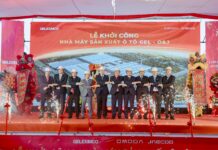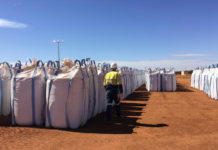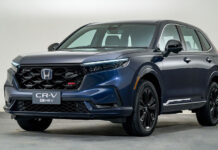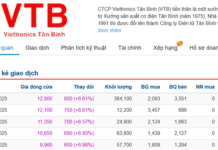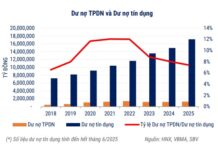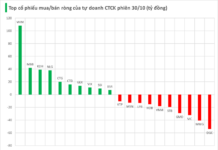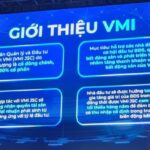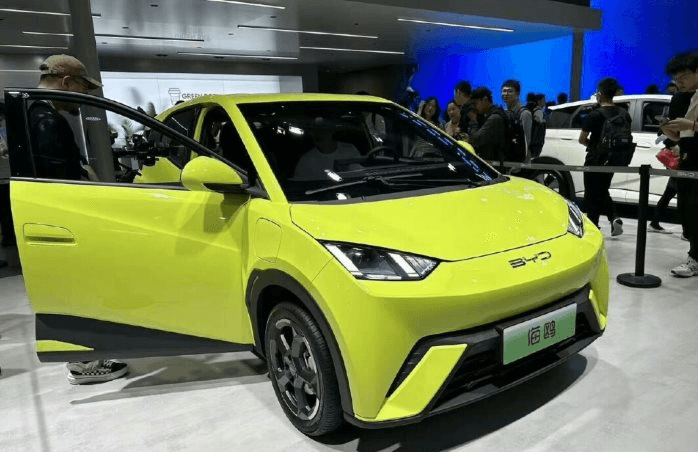
Illustrative Image
Recently in an interview with Yahoo Finance and journalist Akiki Fujita to discuss the global electric vehicle market, Stella Li – BYD Co. Ltd. senior vice president and BYD Motors Inc. president for North America, said that the Chinese car manufacturer has no plans to sell electric buses in the United States.
After confirming BYD will officially announce its new manufacturing base in Mexico, possibly by the end of this year, Li squashed rumors that it is planning to enter the U.S. market.
In early February, BYD Mexico director Chu Zou told Nikkei that the automaker is considering setting up a plant in Mexico. Zou said foreign production is very important and Mexico has significant potential.
These comments have fueled speculation that the automaker will use this facility as an export hub to the United States. Li confirmed that BYD has no plans to launch electric vehicles in the United States. She said the Mexico facility will primarily support the Mexican market.
“We don’t want to go to the United States.”
When asked why not, she replied, “It’s a very complicated market.” Although Li called the U.S. a “vibrant market,” it is “very complicated when you talk about EVs.”
She feels the U.S. market is somewhat lagging behind in the electrification process and there is a lot of confusion. “Everything is complicated. The geopolitics are complicated and it confuses the buyers; they don’t know what to choose.”
Clarifying her comments about consumer confusion, Li said, “In the U.S., comments from different politicians can cause a lot of confusion for consumers and also for auto manufacturers. They are not very excited about investing.”
This comment comes after U.S. automakers Ford and GM recently pulled back on electric vehicle initiatives. Li noted the message from China is very strong. Li compared the U.S. Inflation Reduction Act (IRA) to China’s success with EVs. China has about a 35% EV market share while the U.S. is about 7%. Li said this is because there are limitations with the IRA that have been put in place to encourage domestic investment.
BYD’s North American director said automakers are overreacting to electric vehicles and are too afraid of China’s competitive nature. Li said that automakers need to join in, or else they will be left behind in the global market.
The interview took place after BYD declared a price race for gasoline-powered vehicles, launching the cheapest electric car, the Dolphin EV Honor Edition, with a starting price under $14,000.
BYD is penetrating new markets with the launch of the Yangwang U9 electric supercar this week. With a starting price of $233,000, the U9 will compete with Ferrari and Lamborghini as BYD expands into the luxury segment.
In a separate development, BYD’s first car carrier vessel, BYD Explorer No. 1, arrived in Germany on Tuesday carrying 3,000 cars as the automaker expands overseas.
According to Electrek
OP 2022-03-03:
Electric Vehicle Giant BYD has no plans to launch electric buses in the United States

Illustrative Image
Recently in an interview with Yahoo Finance and journalist Akiki Fujita to discuss the global electric vehicle market, Stella Li – BYD Co. Ltd. senior vice president and BYD Motors Inc. president for North America, said that the Chinese car manufacturer has no plans to sell electric buses in the United States.
After confirming BYD will officially announce its new manufacturing base in Mexico, possibly by the end of this year, Li squashed rumors that it is planning to enter the U.S. market.
In early February, BYD Mexico director Chu Zou told Nikkei that the automaker is considering setting up a plant in Mexico. Zou said foreign production is very important and Mexico has significant potential.
These comments have fueled speculation that the automaker will use this facility as an export hub to the United States. Li confirmed that BYD has no plans to launch electric vehicles in the United States. She said the Mexico facility will primarily support the Mexican market.
“We don’t want to go to the United States.”
When asked why not, she replied, “It’s a very complicated market.” Although Li called the U.S. a “vibrant market,” it is “very complicated when you talk about EVs.”
She feels the U.S. market is somewhat lagging behind in the electrification process and there is a lot of confusion. “Everything is complicated. The geopolitics are complicated and it confuses the buyers; they don’t know what to choose.”
Clarifying her comments about consumer confusion, Li said, “In the U.S., comments from different politicians can cause a lot of confusion for consumers and also for auto manufacturers. They are not very excited about investing.”
This comment comes after U.S. automakers Ford and GM recently pulled back on electric vehicle initiatives. Li noted the message from China is very strong. Li compared the U.S. Inflation Reduction Act (IRA) to China’s success with EVs. China has about a 35% EV market share while the U.S. is about 7%. Li said this is because there are limitations with the IRA that have been put in place to encourage domestic investment.
BYD’s North American director said automakers are overreacting to electric vehicles and are too afraid of China’s competitive nature. Li said that automakers need to join in, or else they will be left behind in the global market.
The interview took place after BYD declared a price race for gasoline-powered vehicles, launching the cheapest electric car, the Dolphin EV Honor Edition, with a starting price under $14,000.
BYD is penetrating new markets with the launch of the Yangwang U9 electric supercar this week. With a starting price of $233,000, the U9 will compete with Ferrari and Lamborghini as BYD expands into the luxury segment.
In a separate development, BYD’s first car carrier vessel, BYD Explorer No. 1, arrived in Germany on Tuesday carrying 3,000 cars as the automaker expands overseas.
According to Electrek

